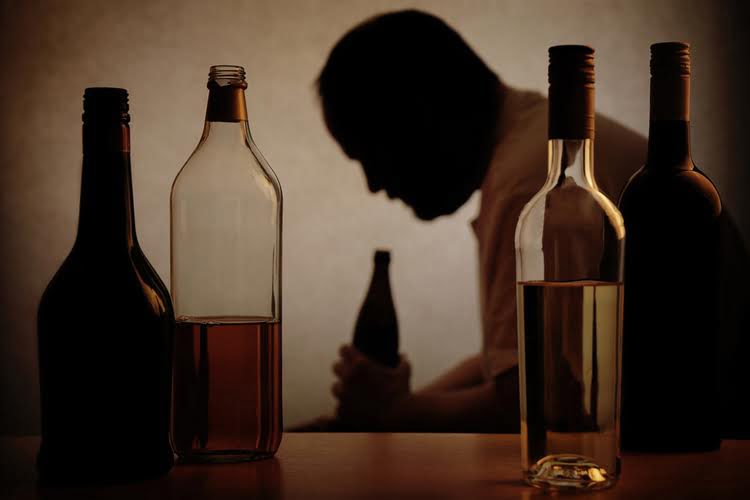Recognizing how drinking affects your health, relationships, and goals helps create motivation for change. Setting a clear intention by identifying why you want to stop strengthens commitment. Writing down personal reasons for quitting, such as improving health, regaining control, or enhancing mental clarity, provides a powerful reminder during moments of temptation.
- Getting 7-9 hours of high-quality sleep per night can also do wonders for your mental health.
- If you’re reluctant to turn to your loved ones because you’ve let them down before, consider going to couples counseling or family therapy.
- Building a strong support system and creating a structured plan for managing triggers increases the chances of long-term sobriety.
- In starting healing and sobriety journey, people often discover that alcohol was masking deeper pain—trauma, anxiety, depression or other mental health challenges.
- If you think you might have an alcohol use disorder, there are evidence-based treatment options that can help you to quit drinking.
Health Conditions
- You will want to understand what will be asked of you in order to decide what treatment best suits your needs.
- Their programs integrate behavioral therapies, holistic treatments, and relapse prevention strategies to address both the physical and emotional aspects of alcohol dependence.
- If you use alcohol as a coping mechanism, the idea of not having it available may be scary.
- Alcohol artificially boosts dopamine and serotonin levels in the brain, creating an imbalance.
When you’re ready to quit alcohol for good, we’ll be ready to assist you. Our team is ready to help you or your loved one quit drinking and live a happier, healthier life. If you’re asking yourself, “how can you stop drinking alcohol? Alcohol problems are common, and quitting drinking is a personal decision with major physical, emotional, and mental health benefits. Whether you’re struggling with heavy drinking, substance abuse, or trying to improve your mood and health, learning how to quit drinking can be life-changing.
Featured Programs
Try to remain neutral and don’t argue, lecture, accuse, or threaten. It’s much easier to avoid drinking if you don’t keep temptations around. Once you’ve made the decision to change, the next step is establishing clear drinking goals. The more specific, realistic, and clear your goals, the better. Make a table like the one below, weighing the costs and benefits of drinking to the costs and benefits of quitting.
Symptoms of tapering off alcohol

A smart recovery strategy is to completely embrace a new identity as a person that does not drink. There are withdrawal symptoms, environmental temptations, and outright stress. If you put down the bottle for 30 How to Stop Drinking days, but you slip up and have a drink on day 31, this doesn’t undo the 30 days before.
Ways to Reduce Drinking
If you’re living with alcohol use disorder, quitting drinking is important for your health. But quitting on your own can pose risks to your health and is unlikely to be successful. Rehabilitation facilities can help you on your path to sobriety by addressing alcohol withdrawal symptoms and becoming involved in sober living support groups, like AA. Overcoming an Drug rehabilitation addiction to alcohol can be a long and bumpy road. If you’re ready to stop drinking and willing to get the support you need, you can recover from alcoholism and alcohol abuse—no matter how heavy your drinking or how powerless you feel.

How to stop drinking

Alcohol withdrawal can cause many symptoms, some of which can be fatal. “Using a medication such as naltrexone increases the overall chances that people can cut down or quit,” Lee said. Many people employ medication-assisted treatment for alcohol use to help curb the euphoric effects of alcohol. Lean on your support system and connect to your “why” whenever you feel weak or inadequate. You will get there in your own time and I’ll be virtually rooting for you the entire way.
If they drink, ask them to support your recovery by not doing so in front of you. There are multiple health benefits you can experience when you start drinking less alcohol. The exact benefits will depend on how much alcohol you were drinking and on factors such as your genetics, overall health, and how your body responds. But drinking less is always a good choice for your body and health. When you quit through tapering, you drink a little less each day until you’re able to have no alcohol at all.





